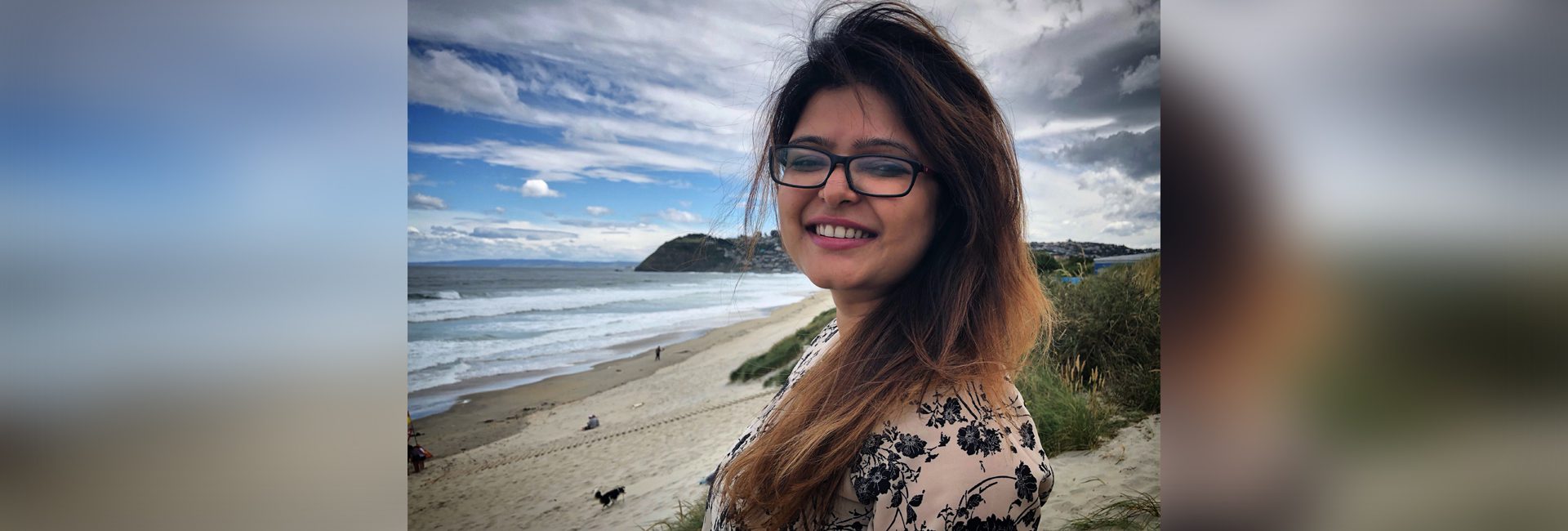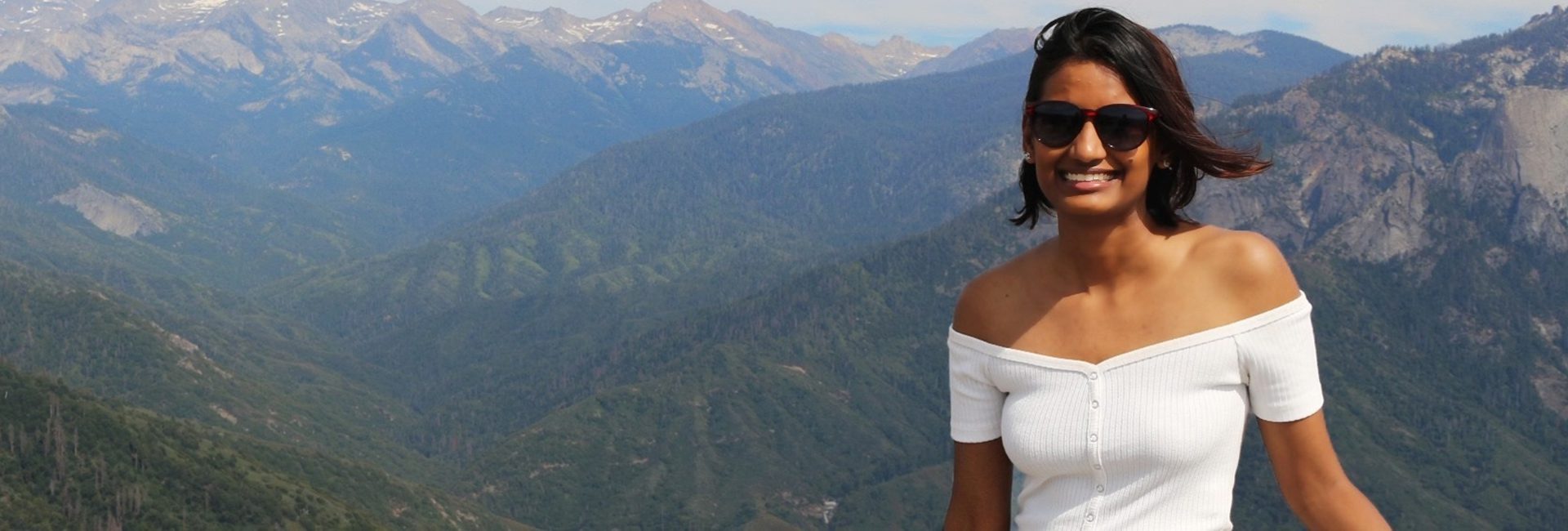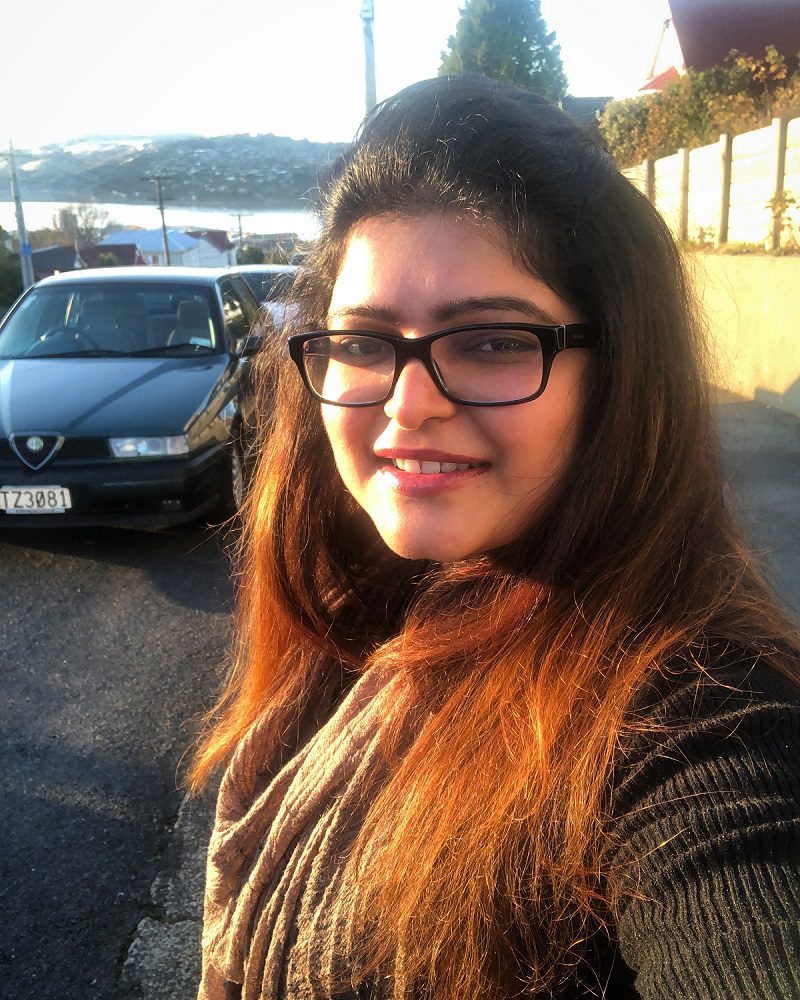
Risha Jasmine Nathan
The road to forensic chemistry
Risha’s career is enough to make any true crime aficionado wide-eyed with excitement. “It’s not as glamorous as it looks,” she chuckles. “It’s all about bad smells and dead bodies.” Even so, having grown up watching shows like Forensic Files and CSI, she does recall a time when she saw herself working for the FBI. Real life turned out to be far more prosaic, although, in Risha’s case, not at all uninteresting.
Born and raised in Prayagraj (it was still Allahabad then), Risha was always academically inclined, encouraged very much by her mother, who was an associate professor at a college in Allahabad University. “I was a very involved student, I tried my hand at everything, including music and painting and I did well in class, too.” Her mother hoped her bright daughter would choose a career in medicine. “I tried, I even prepared for the exam but I didn’t qualify,” Risha says. “Perhaps it was for the best, I would have been a horrid doctor. I think I’m better off working with dead bodies!”
Armed with an undergraduate honor’s degree in Chemistry from Banaras Hindu University and a deep fascination for the hugely popular true-crime series, Forensic Files, Risha specialised in toxicology, analytical chemistry and forensic science. She then joined the Chemistry Division of the Forensic Science Laboratory, part of the Ministry of Home Affairs. This involved working with crime exhibits, which, although not-so-glamorous, meant analysing organs post the autopsy, to understand what poisons and toxins might have been administered or ingested.
Soon after, she joined the National Dope Testing Laboratory in Delhi, part of the Ministry of Youth Affairs and Sports. “We would test athletes for banned substances,” she says. “It was an interesting job, I would have to test for narcotics, stimulants and plasma volume expanders.”
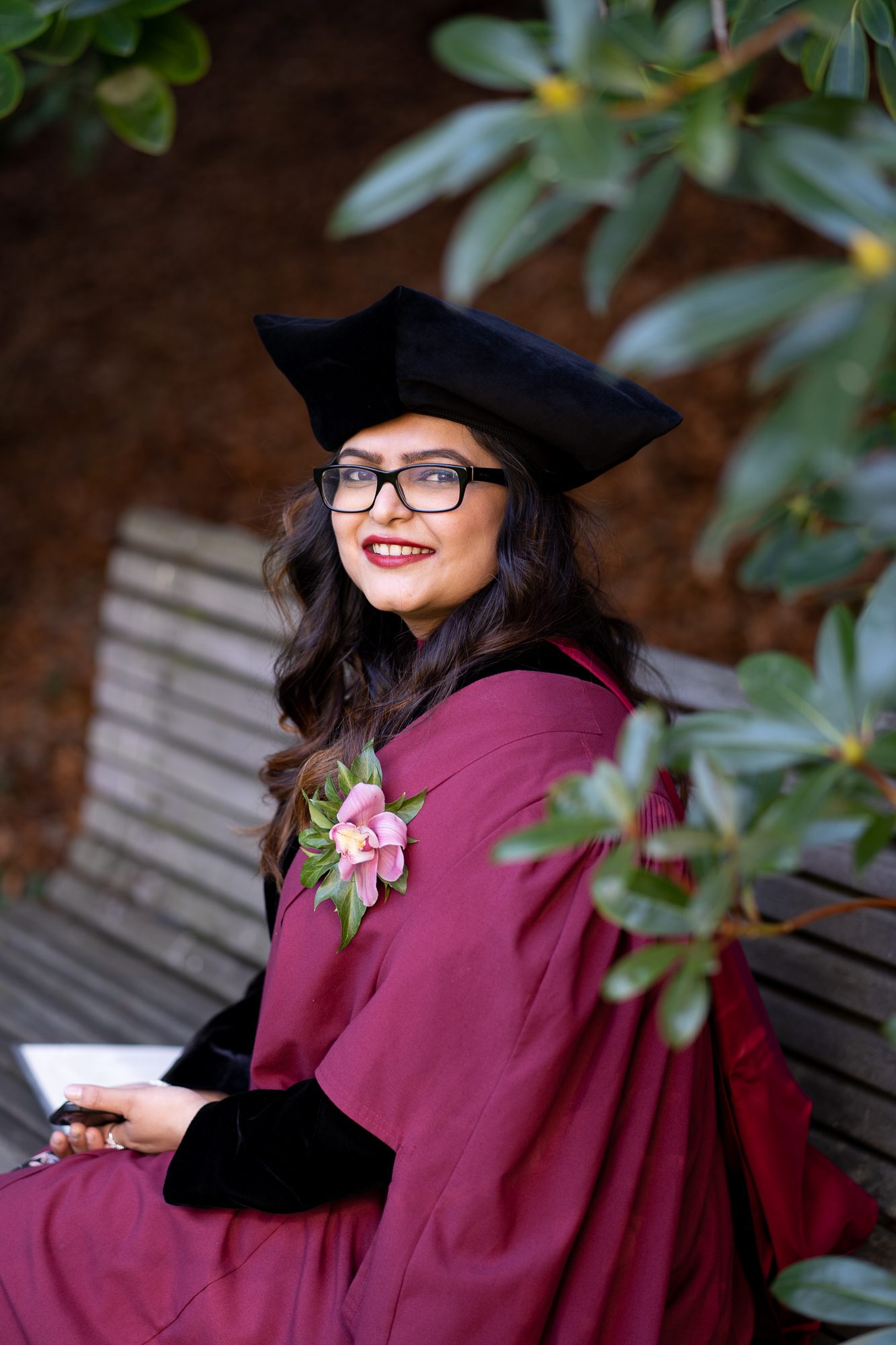
The eureka moment
India generates anywhere between 12 and 21 million tons of fruit and vegetable waste respectively, according to an NCBI study. It was one part of the problem that Risha hoped to tackle, along with the ever-present worry of contaminated drinking water. “The food industry generates tons of fruit and vegetable waste and most of it ends up in landfills, where it pollutes the land,” she says. “On the other hand, we talk about contaminated water. My research is a solution to both problems.”
It meant pulling many all-nighters at the lab. “Taking off from the experiment with bananas, I brought orange, cucumber, apple, kiwi fuit and potato peels together under the same environmental conditions.” The peels are dried, pulverised and converted into a fine powder, “less than 240 micro metres and then mixed with sodium or calcium alginate,” says Risha, who obligingly explains the science. “I introduced the mix into a calcium ion solution.” Roughly the size of papaya seeds, the beads were dropped into water spiked with toxic ions like arsenic, cadmium, chromium, copper, nickel and lead. “We tend to find elevated amounts of these substances in natural waters.”
Risha published six papers in the three-and-a-half-years she spent doing her PhD research, altering the variables and changing the conditions to see how effectively the beads worked. Positively charged toxic ions were drawn to the negatively charged functional groups present on the beads, which could then be effectively removed from the drinking water after it is treated.
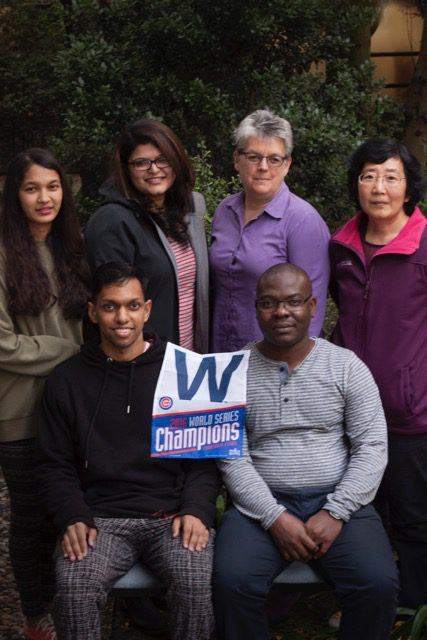
The expanding landscape of forensics in India
As she prepares for the next innings, as a lecturer of forensic chemistry in one of the world’s most prestigious universities, Risha reflects on the forensics scene in India – active and constantly growing. “Pending cases are a problem though,” she remarks. “And while there’s no dearth of crime happening every day, whether it’s suicides, homicides or accidents, there is only so much infrastructure to deal with it.” The scope for studies in various fields of forensics is also expanding, with the government proactively setting up regional Forensic Science Labs apart from the existing state and national branches. “They have also set up the National Forensic Science University in Gandhinagar and are training more people to get into the field, whether they are going in as adacemicians, crime scene investigators, forensic photographers, or working in the labs.” As for Risha herself, she’s never happier than she’s in the lab herself, lost in her experiments.
Risha lives with her husband in Delhi and they will now shift base to the UK. The couple is “travel freaks” as she puts it – “Given any small chance, we pack our bags and leave.” She also enjoys playing the guitar and synthesiser and is active within her church community. “I also like to paint in my free time, that’s an important part of my mental well-being,” she says.
- Follow Risha on Instagram
Also Read: Global Indian gamechangers in science and technology
